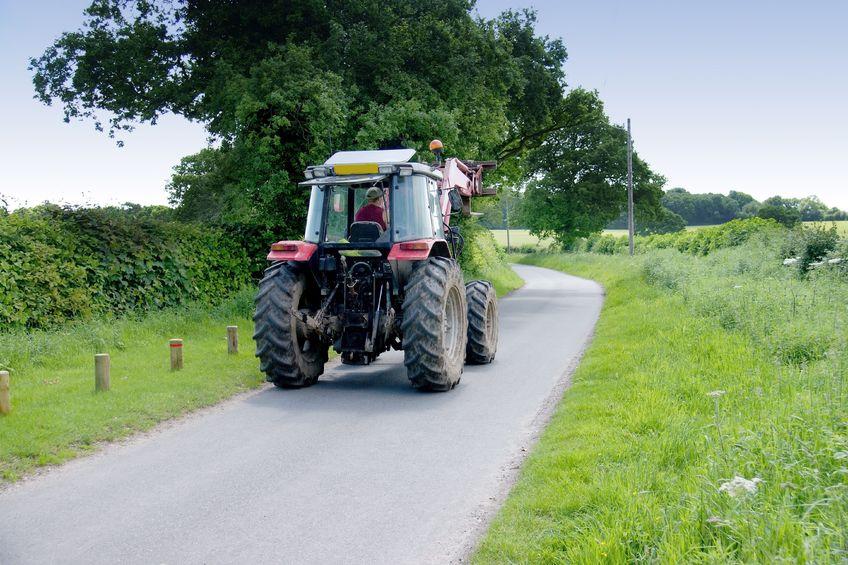
Alcohol testing should be an essential element of health and safety on the farm as incidents caused by drink driving whilst operating farm machinery have been put in the spotlight.
The government’s annual drink-drive campaign highlights the dangers of being intoxicated behind the wheel.
The message is clear – if you’re on a public road, do not drink and drive. But what are the rules whilst operating machinery in the workplace or driving on private land such as a farm?
Suzannah Robin, an alcohol and drug safety expert at AlcoDigital, has helped numerous companies across the UK to implement testing policies and procedures. She has explained the importance of testing and how technology can help to cultivate safety in farming.
High profile incidents in recent years - which include a number of deaths caused by workers who were impaired by alcohol whilst driving tractors either on farmland or out on the open road - have highlighted that drugs and alcohol testing should be an essential element of the health and safety protocol for the industry.
Stricter regulations would save lives, serving as a deterrent to those even considering abusing substances in the workplace.
What’s the law?
While drugs and alcohol testing are legislated for in certain sectors, such as the aviation, rail and the shipping industries, there is no legal obligation for the agriculture sector to adopt any specific testing policies.
At present it is down to individual employers to implement them. However, under the provisions of the Health and Safety at Work Act employers do have an obligation to ensure employees are fit to work.
If methods for detecting misuse are not implemented and an accident occurs, it’s employers who could face hefty fines or even be prosecuted.
Farming is one of the most dangerous occupations in the UK and work related deaths and injuries currently cost the industry an estimated £190 million per year.
Suzannah Robin says having a robust health and safety policy is absolutely fundamental to ensuring a safe environment is maintained and applying a drugs and alcohol testing policy as part of this makes complete sense.
Evidential breath tests
For high associated risk industries, Ms Robin recommends that drugs and alcohol testing is carried out on a regular basis.
For alcohol testing, a range of professional police-grade breathalyzers are available for screening workers that will provide quick, accurate and instantaneous results.
In the event an employee returns a positive result from a screening test, the company should re-test the employee with a UK Home Office or EN approved breathalyzer, to guarantee that any information collected is certified accurate if required for future use as legal evidence.
In addition to breathalyzers, Ms Robin says alcohol interlocks are also versatile and can be utilised on equipment or machinery preventing them from starting until a negative breath test has been given.
Illegal drugs and medication
It’s no surprise that illegal substances such as cannabis, cocaine, ecstasy, and ketamine are all off limits.
But it’s the other ‘everyday’ drugs, which many think of as innocuous, that could be a ticking time-bomb for those not in the know.
If an employee is taking prescription medication or using over-the-counter drugs, they may not be aware that they are putting their safety, and the safety of others, at risk.
Ms Robin says employees should always consult a doctor, pharmacist or healthcare professional for advice before embarking on a course of treatment, and inform their employer to prevent any misunderstandings in the future.
